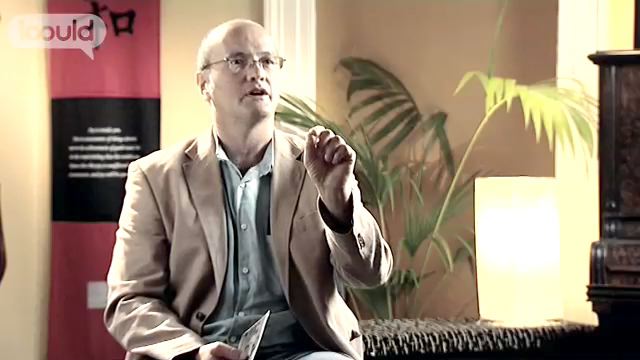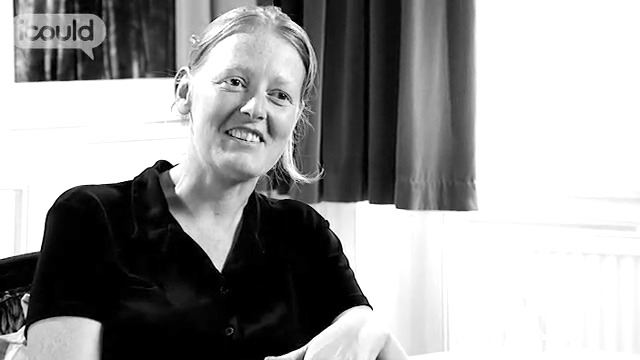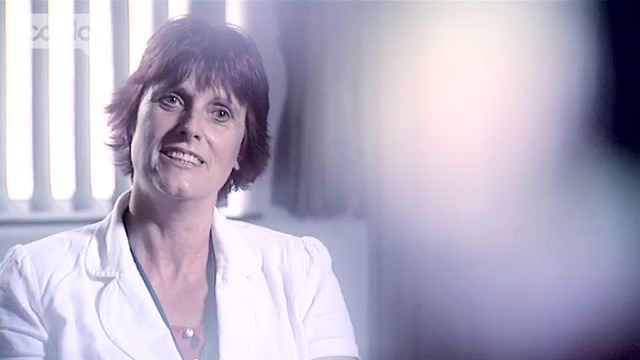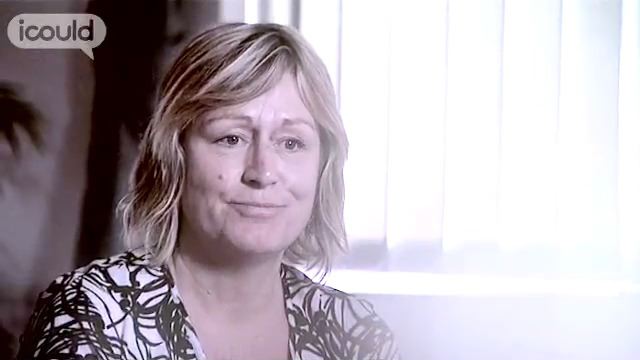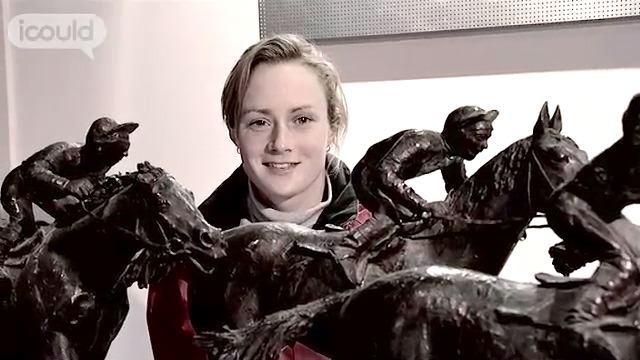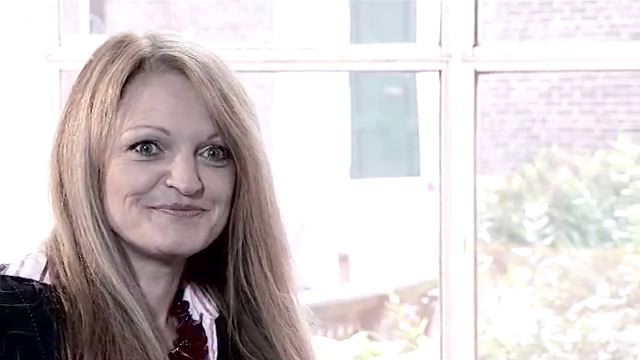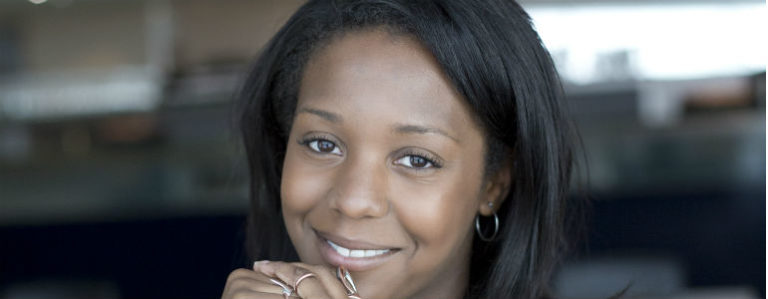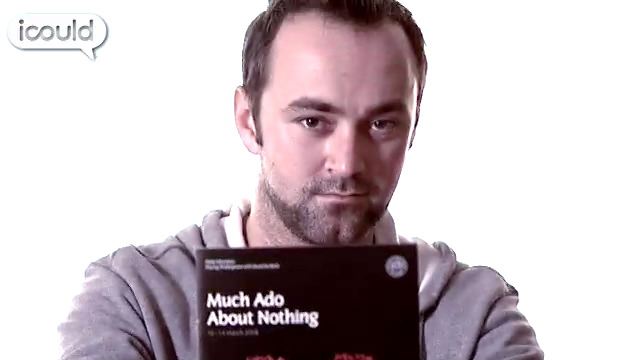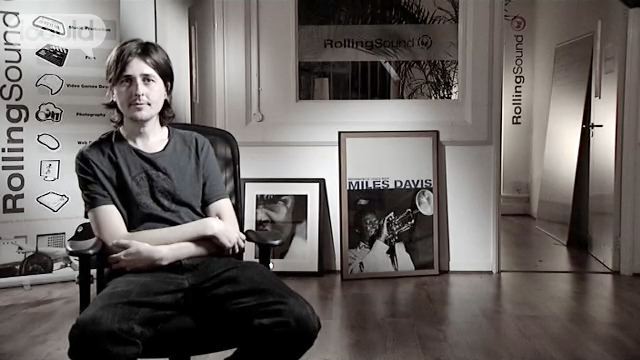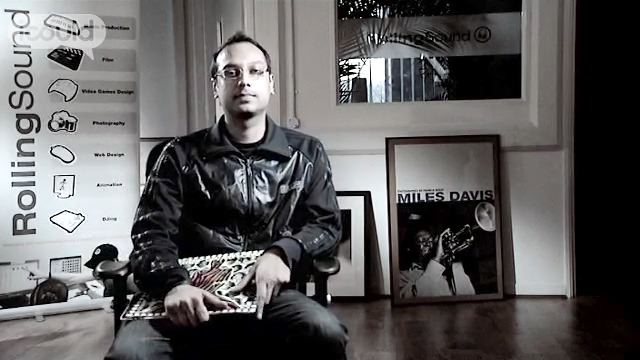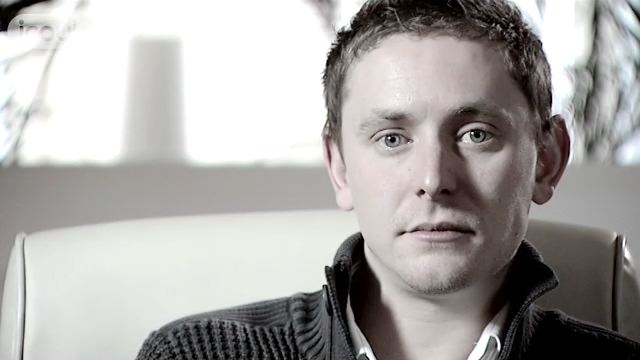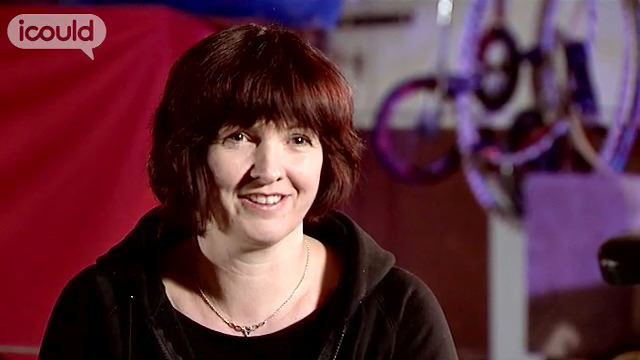Globe Education Practitioner
The Globe Theatre (Shakespeare's Globe)
Debs N
00:00:02 My name is Debs – Debs N – and I work here at the Globe as a Globe Education Practitioner and a Storyteller. The main bit of my work is to work with children, young people and adults on their understanding of Shakespeare. Sometimes it’s one particular text, so they might be studying Macbeth at school. Or it might be that they’re teachers training to teach Shakespeare, and they want to teach Shakespeare in a more exciting way than sometimes you get taught in schools. So I’ll try and help them to find creative and interesting ways to teach Shakespeare so you’re not sitting reading, so you’re up on your feet, you’re doing and you’re speaking.
00:00:41 My life is a bit chaotic really, it doesn’t follow a linear path. I’m a freelancer, which means that I work here as much as I can, it’s my steadiest job, and the rest of the time I work as a performer and a storyteller for whoever hires me. To be paid to be creative is a very jammy position to be in. And when you get the opportunity to work with so many different people, either actors, teachers, schoolchildren, young people, you realise that – that the Arts are all about communicating something. Whether you’re a painter, a writer, an actor, a director. And communicating is something that makes me like to get up in the morning, you know.
00:01:00 This theatre excited me so much I thought – they’re good, but I really want to do some work here. So in a way I did hunt it down. A friend of mine was working here and I got her to tell me who to write to, and I just wrote a letter saying – explaining how inspired I was by the place. Then I got an interview.
00:01:37 I wasn’t into Shakespeare when I was at school, I hated it – wooer – just thinking about it. We were sitting at desks, we were just reading out of the book, answering comprehension questions, and I didn’t understand a word of it. And I didn’t get into Shakespeare till – oh gosh, I was in my early twenties really, early mid twenties. I went and did a Masters, we were studying voice, and my voice teacher brought in some Shakespeare. And I thought – no way, I don’t want to do this! It’s too scary! And she showed me a scene between Macbeth and Lady Macbeth. She just got us to look at the way in which it was written. It was written in a rhythm, and if you obey the rhythm you hardly have to do any acting, it’s just really tense. And I thought – this is quite good actually.
00:02:17 Secondary school wasn’t a great time for me, at all. I found it – I found it a very difficult place to be. I did feel like teachers were trying to get me to choose my GCSEs based on what I wanted to be. And that really freaked me out, ’cause I thought – I don’t know. And my Mum was leafing through a copy of the Birmingham Post, and she saw an advert for a Youth Theatre, and knowing me better than I knew myself at the time, my Mum went – you should audition for that. And something in my head just went – you’d be – you’d be a right wuss if you didn’t Debs. So I thought right then.
00:02:49 The woman who ran the Youth Theatre at the time was a lady called Julia Smith. Although I didn’t realise it then, ’cause you don’t – you don’t always appreciate older people when you’re, you know, 17 – I was 17. Now I’m a bit older I realise that yeah, she was hugely instrumental in the way my life went. So I’d say her, definitely.
00:03:11 If I hadn’t gone to the Youth Theatre, I wouldn’t have gained the confidence that I gained. There’s no way I’d have had the guts to go to University. I come from a family where nobody in my family went to University, and it was – it wasn’t like we didn’t have aspirations, we just didn’t – it wasn’t for the likes of us really.
00:03:27 At no point in my working life have I ever had an idea where I’m going to be in five years’ time, or ten years’ time. There are some people who can plan what they do, and I admire them, but I believe they’re sort of in the minority. I think a lot of us have a vague idea of what motivates us – so for me, it’s working with people and being creative, being an artist – but I can’t plan how that’s gonna go.
00:03:50 If I could go back to the 14 year-old Debs, I’d go back and I’d tell her that it’ll be all right. That you don’t need to worry too much about – do I take Chemistry or Biology at GCSE – how will that affect my life? You don’t have to decide everything when you’re 14. Really, if you are open to opportunity, and you just chill out and relax a bit and not worry too much, then you’ll find your way.
00:04:13 ENDS
Debs N is a freelance Educational Practitioner and Storyteller at the Globe Theatre. Sometimes she teaches teachers how to teach Shakespeare. But she wasn’t into Shakespeare when she was at school. In fact she really wasn’t into school at all, so she’s come a long way, driven by her love of performing and communicating.
